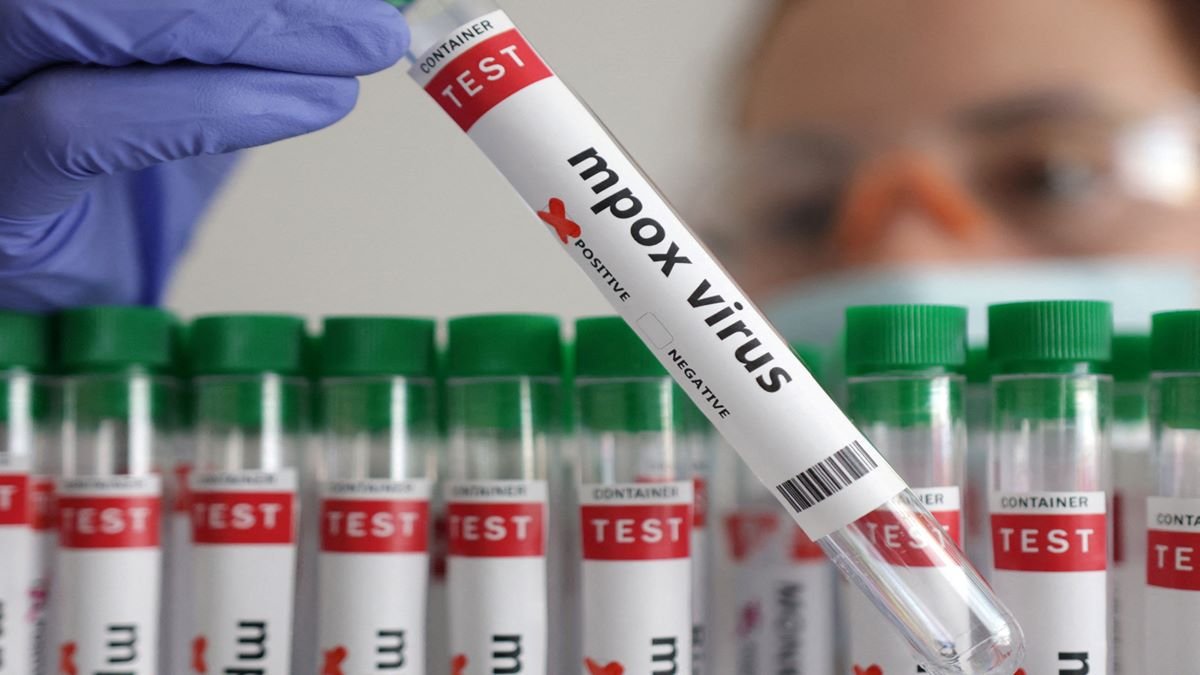
According to Thailand’s Department of Disease Control, the virus has been found in a 66-year-old european man who came to Thailand from an African country on August 14.
On next day, the man showed symptoms of the virus, after which he was taken to the hospital, where he was confirmed to have the virus. The strain of Mpox virus found in this person is Clade 1b, which is considered to be highly virulent.
So far, more than 400 people have died due to this virus in Africa The center of this virus is the Democratic Republic of Congo and this virus is also spreading rapidly in the surrounding countries. The first case of clade 1b outside Africa was reported in Sweden a week ago and the infected person had also traveled from Africa.
The Mpox outbreak in 2022 had a Clade-2 strain that was less lethal than the current clade 1b. Its symptoms are similar to the common flu. As many precautions as possible should be taken to avoid this virus
What is the Mpox Virus?
The mpox virus, previously known as monkeypox, is a zoonotic virus that belongs to the family Poxviridae. It was first identified in laboratory monkeys in 1958, which is how it acquired its name. However, it is predominantly transmitted to humans through contact with infected animals and humans. This virus has garnered increasing attention due to its potential for human-to-human transmission and resultant public health impacts.
Transmission and Symptoms
The transmission of the mpox virus primarily occurs through direct contact with bodily fluids, lesions, or respiratory secretions from an infected person or animal. Symptoms can appear between 5 to 21 days after exposure, often starting with fever, headache, and lymphadenopathy, followed by a characteristic rash that develops into lesions. Understanding these symptoms is crucial for early detection and treatment.
Preventive Measures and Treatment
Effective prevention strategies against the mpox virus include avoiding contact with potential carriers, maintaining proper hygiene, and employing protective equipment when necessary. Currently, there is no specific antiviral treatment recommended for mpox, but supportive care can help alleviate symptoms. Vaccination is available for high-risk populations, which can provide a significant layer of protection against infection.






